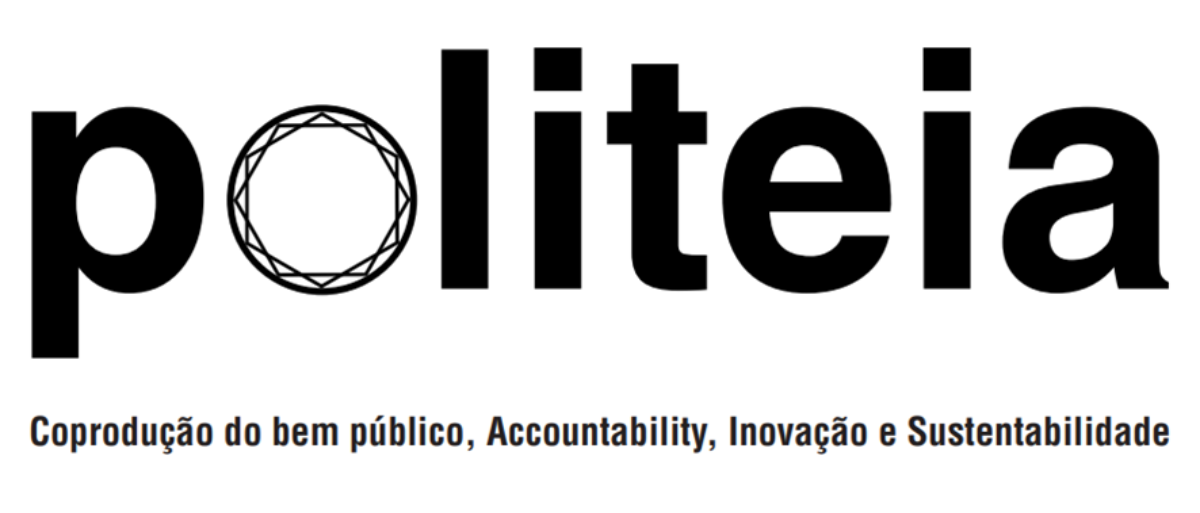Social Accountability 3.0: Engaging Citizens to Increase Systemic Responsiveness
Source: Guerzovich, Florencia and Aston, Tom. Anatomy of Social Accountability 3.0: A working framework for moving forward (October 24, 2023). Florianópolis, SC, Brazil: Grupo Politeia, University of the State of Santa Catarina, Udesc Esag and act4delivery.
Social accountability aims to ensure that communities are leading agents in their development story by: (1) improving the quality of goods and services, making providers more responsive to citizens’ needs, (2) primarily through monitoring and oversight of those goods and services, (3) citizens’ collective efforts to hold power-holders to account, (4) providing a concrete mechanism to rework the social contract and strengthen local systems.
Social accountability has become increasingly important to development programming since the 2004 World Development Report spearheaded its first generation of programming. In 2016, Thomas Carothers synthesized global experts’ perspectives on what became known as the second generation. With an evolving global context, new research and evaluations and tacit knowledge on how those assumptions played out in practice, the time is ripe for asking what the evidence since 2004 can tell us about what the social accountability’s next generation might look like?
In a new meta-analysis, Florencia Guerzovich and Tom Aston take stock of that knowledge through a systems lens and presents a possible “social accountability 3.0.” They draw on a database of 157 cases of initiatives implemented by different civil society organizations around the world and the lived experience of practitioners.
Scholarly debates present practitioners’ options in binary terms, contrasting 1.0 minimalist and 2.0 maximalist options. The review finds that this binary is inaccurate and misleading; it masks practitioners’ diverse interpretations of 2.0 and range of feasibility considerations. Instead, work in the last decade looks more like a mosaic. By opening the analysis to the broader range of evidence, and reflecting more critically on scholars’ assumptions, a more adaptable middle path for social accountability 3.0 emerges.
The main thread of social accountability 3.0 and what distinguishes it from previous generations is a focus on its contribution towards more responsive systems and accountable social contracts. In particular, social accountability should be considered as an operational means to rework social contracts.
An accompanying brief presents a working framework with the key components and 10 do’s and don’ts of social accountability 3.0.
Read More:
Background Paper: Guerzovich, Florencia and Aston, Tom. Social Accountability 3.0: Engaging Citizens to Increase Systemic Responsiveness. Background Paper (January 16, 2024). Florianópolis: Grupo Politeia, Udesc Esag and act4delivery.
Framework: Guerzovich,F lorencia and Aston, Tom. Anatomy of Social Accountability 3.0: A working framework for moving forward (October 24, 2023). Florianópolis, SC, Brazil: Grupo Politeia, University of the State of Santa Catarina, Udesc Esag and act4delivery.
